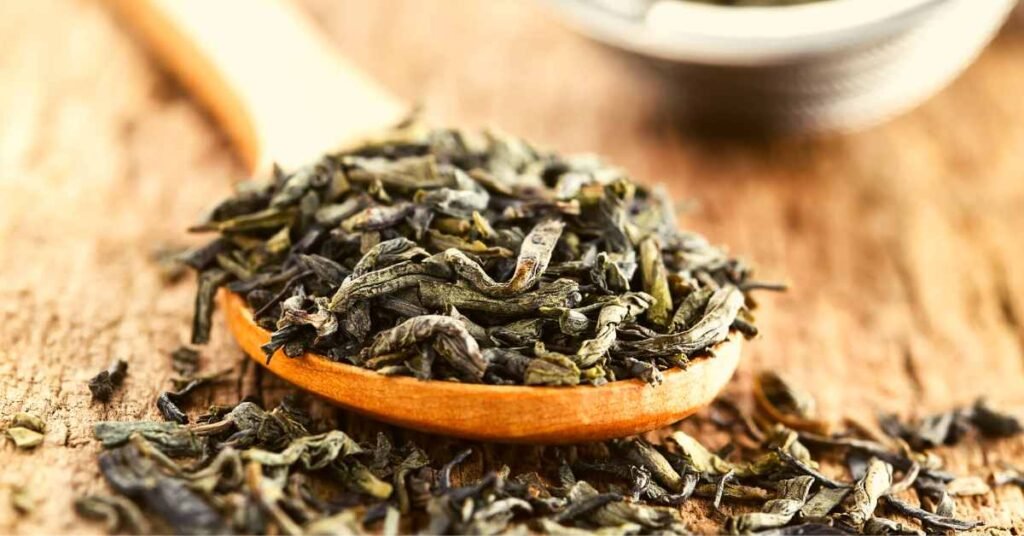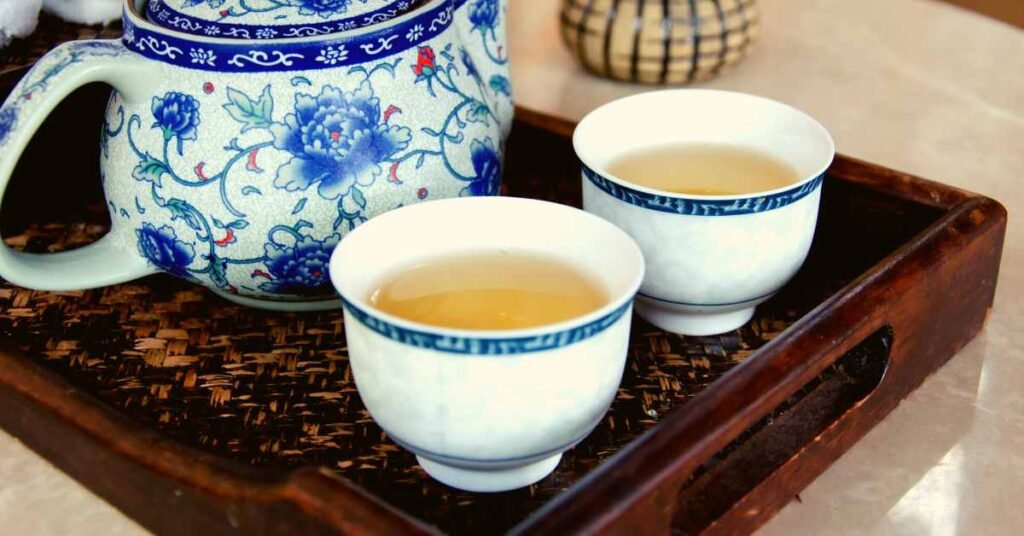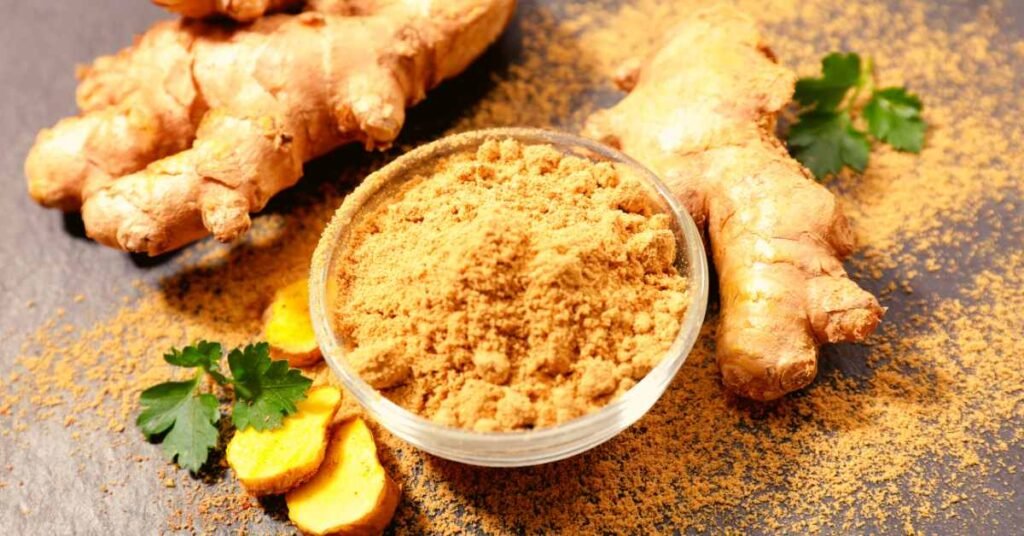Cluster headaches, often dubbed as “suicide headaches” due to their intense and excruciating pain, can be debilitating for those who suffer from them.
While medical interventions exist, many individuals seek complementary and natural remedies to alleviate their symptoms.
In the realm of natural remedies, tea emerges as a soothing elixir with potential benefits for those grappling with the challenges of cluster headaches.
This article explores the relationship between tea and cluster headaches, examining various types of tea, their potential therapeutic effects, and how incorporating tea into one’s routine may offer relief.
Understanding Cluster Headaches

Before delving into the potential benefits of tea, it’s essential to grasp the nature of cluster headaches.
These severe, recurring headaches are characterized by excruciating pain on one side of the head, often around the eye.
Cluster headaches occur in cyclical patterns, with periods of intense pain (clusters) followed by headache-free intervals.
The exact cause remains elusive, but various triggers, such as alcohol consumption, smoking, and specific foods, are known to provoke episodes.
Tea and its Therapeutic Properties
Tea, derived from the Camellia sinensis plant, has been consumed for centuries and is renowned for its diverse health benefits.
The four primary types of tea – black, green, white, and oolong – each undergo different levels of oxidation and processing, resulting in distinct flavors and potential health-promoting compounds.
The following sections explore how these teas may provide relief for individuals suffering from cluster headaches.
Green Tea
Green tea, celebrated for its rich antioxidants and polyphenols, has gained popularity as a health elixir.
One of its key components, epigallocatechin gallate (EGCG), possesses anti-inflammatory and neuroprotective properties that may be relevant in managing cluster headaches.

Research suggests that the anti-inflammatory effects of green tea may help modulate pain pathways and reduce the intensity and frequency of headaches.
Additionally, green tea contains L-theanine, an amino acid known for its calming effects.
L-theanine may help alleviate stress and anxiety, both of which are recognized triggers for cluster headaches.
By promoting relaxation, green tea could potentially contribute to minimizing headache episodes.
Black Tea
Black tea, more oxidized than green tea, boasts a robust flavor and a distinct set of health benefits.
It contains theaflavins and thearubigins, antioxidants believed to have anti-inflammatory and analgesic properties.
These compounds may influence pain perception and reduce the severity of headaches.
Moreover, black tea contains caffeine, a natural stimulant known for its ability to improve alertness and reduce fatigue.
While excessive caffeine intake can be a trigger for some individuals, moderate amounts may offer relief by constricting blood vessels and mitigating headache symptoms.
White Tea

White tea, the least processed among the four types, retains a higher concentration of antioxidants.
Its potential benefits for cluster headaches stem from its anti-inflammatory properties and its ability to combat oxidative stress.
White tea may provide neuroprotective effects, helping to shield the brain from the damage associated with severe headaches.
Oolong Tea
Oolong tea falls between green and black tea in terms of oxidation, offering a unique combination of flavors and potential health advantages.
Similar to green and black tea, oolong tea contains antioxidants that may contribute to reducing inflammation and oxidative stress.
Herbal Teas and Infusions
In addition to traditional teas, various herbal infusions hold promise for individuals seeking relief from cluster headaches.
Some herbal teas are specifically chosen for their potential to address headache symptoms and promote overall well-being.
Peppermint Tea
Known for its calming and muscle-relaxing properties, peppermint tea may help soothe tension and alleviate headaches.
It contains menthol, which can have a cooling effect and potentially relieve the pain associated with cluster headaches.
Ginger Tea

Ginger has anti-inflammatory and analgesic properties that may make it a valuable ally in managing cluster headaches.
Ginger tea may help reduce nausea, another common symptom associated with severe headaches, and provide a comforting and warming sensation.
Chamomile Tea
Chamomile, celebrated for its calming effects, may aid in stress reduction and relaxation.
While it may not directly target the physiological mechanisms of cluster headaches, chamomile tea can contribute to an overall sense of well-being, potentially reducing the likelihood of triggering factors.
Incorporating Tea into a Headache Management Routine
While tea shows promise in providing relief for cluster headaches, it’s essential to approach its consumption as part of a holistic headache management routine. Consider the following tips:
Moderation is Key:
- While tea can offer health benefits, excessive consumption may lead to unwanted side effects, including increased caffeine sensitivity. Moderation is crucial to avoid triggering headaches.
Stay Hydrated:
- Dehydration is a common headache trigger. Incorporate a variety of hydrating beverages, including water, herbal infusions, and teas, to maintain optimal hydration levels.

Identify Triggers:
- Keep a headache diary to identify potential triggers, such as specific foods or environmental factors. Understanding triggers can help tailor a headache management plan.
Consult with Healthcare Professionals:
- Before making significant changes to your routine, consult with healthcare professionals, especially if you are on medication or have underlying health conditions.
Final Word
Tea, with its rich history and diverse varieties, presents itself as a potential natural remedy for individuals grappling with the challenges of cluster headaches.
The antioxidants, anti-inflammatory compounds, and calming effects found in various teas may contribute to the overall management of headache symptoms.
While tea is not a cure, its inclusion in a holistic approach to headache management, alongside medical interventions and lifestyle adjustments, may offer individuals a comforting and potentially beneficial avenue for relief.
As with any health-related matter, it is crucial to consult with healthcare professionals for personalized advice and guidance.
MEDICAL DISCLAIMER
Itsnevernotteatime.com cannot and does not contain medical/health advice. The medical/health information is provided for general and educational purposes only and is not a substitute for professional advice.




